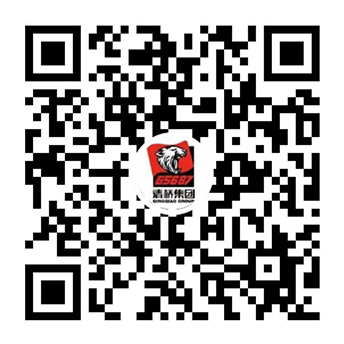


top
In the increasingly competitive global market for technology products, Indonesia has once again used strict investment regulations as a benchmark to target international technology giants. After Apple's iPhone 16 series phones were banned from after-sales service due to non-compliance, Google'sPixel smartphoneFollowing in its footsteps, the Indonesian Ministry of Industry announced a ban on sales within Indonesia. This series of actions not only attracted widespread attention from the industry, but also once again highlighted Indonesia's firm stance in promoting the development of its local technology industry and attracting foreign investment.

It is understood that the Indonesian Ministry of Industry's decision to ban the sale of Google Pixel phones was due to Google's failure to meet Indonesia's investment regulations. In order to promote the development of local technology industry and improve the level of domestic manufacturing, the Indonesian government has specially formulated a strict "Product Origin Certification" (TKDN) system. The system requires that all mobile phone products sold in Indonesia must have a localization production ratio of at least 40% for their components in order to obtain TKDN certification and legally sell them in the Indonesian market.
However, Google Pixel smartphones clearly failed to meet this standard. The spokesperson of the Indonesian Ministry of Industry clearly stated at the press conference that as long as the product fails to meet the requirements of the Indonesian system, it cannot be sold in Indonesia. This decision is undoubtedly a heavy blow to Google, as Indonesia, as the fourth most populous country in the world, has a huge consumer base and a market with enormous potential.

This is not the first time Indonesia has taken action against international technology giants. Previously, Apple's iPhone 16 series phones were also banned from sale for failing to meet Indonesia's investment requirements. Although this decision sparked considerable controversy and discussion at the time, the Indonesian government still adhered to its position and principles, hoping to promote the development and upgrading of the local technology industry through this approach.
For Google, this ban is undoubtedly a profound lesson. In today's globalized world, no country can completely isolate itself from the world. If you want to succeed in a certain country's market, you must respect its laws, regulations, and investment rules. Otherwise, there may be serious consequences such as being banned from sale and fined.
For Indonesia, this ban on sales is a successful attempt. By strictly implementing the TKDN system, Indonesia not only protects the interests of local enterprises, but also promotes the improvement of domestic manufacturing level. At the same time, this also provides strong support for Indonesia to attract more foreign investment and technology.
Laos:+856 2026 885 687 domestic:+0086-27-81305687-0 Consultation hotline:400-6689-651
E-mail:qingqiaoint@163.com / qingqiaog5687@gmail.com
Copyright: Qingqiao International Security Group 备案号:鄂ICP备2021010908号

